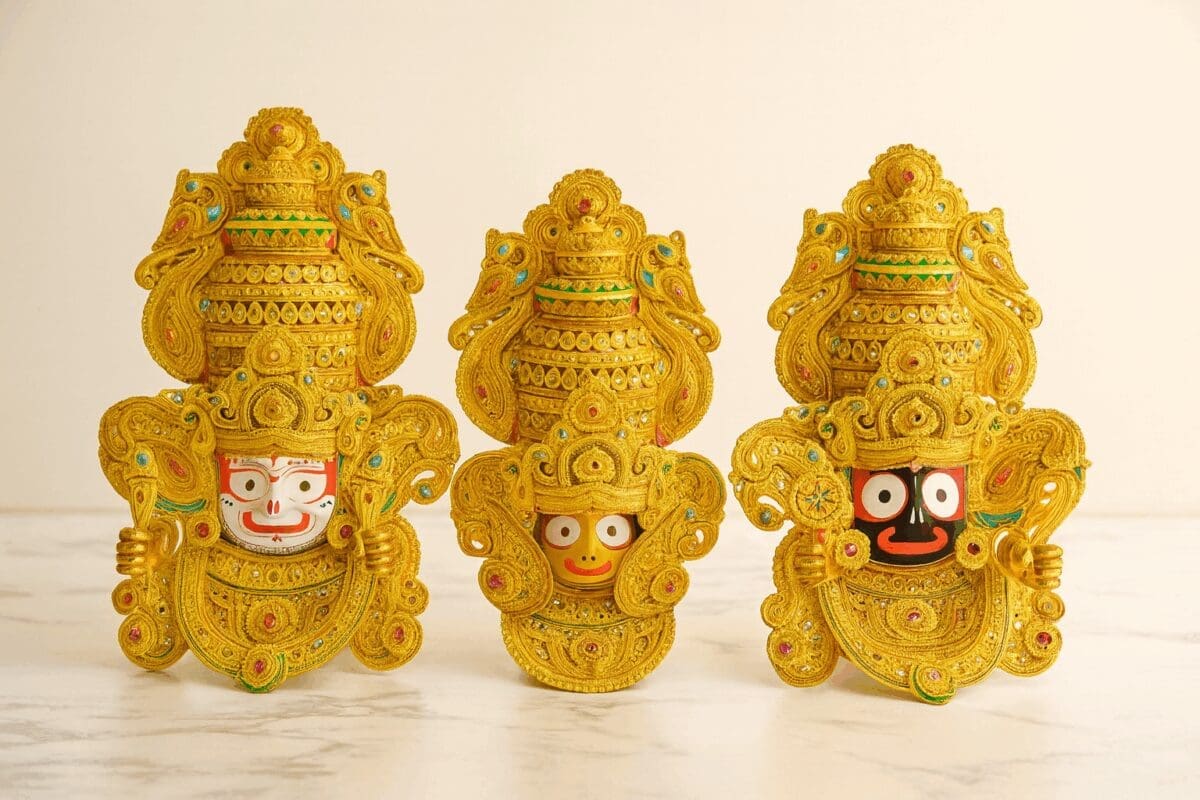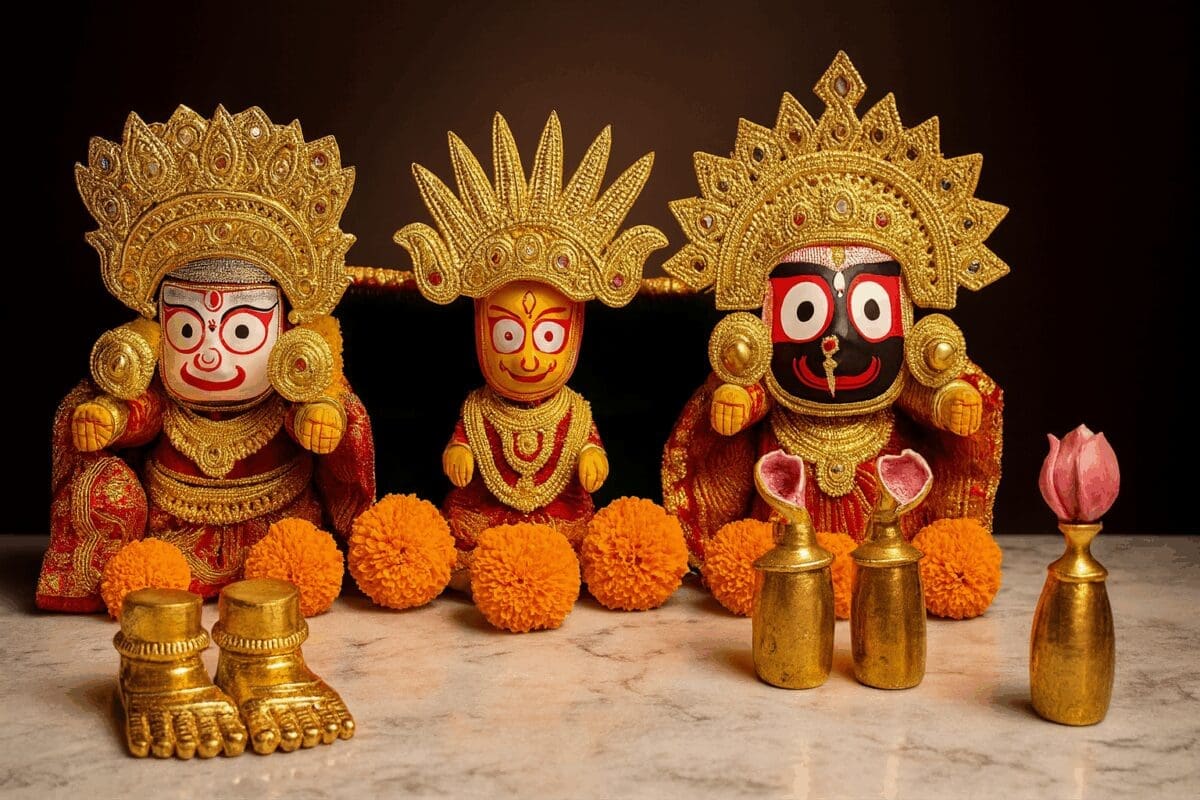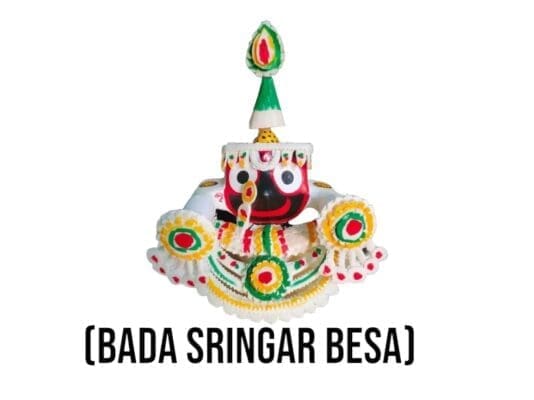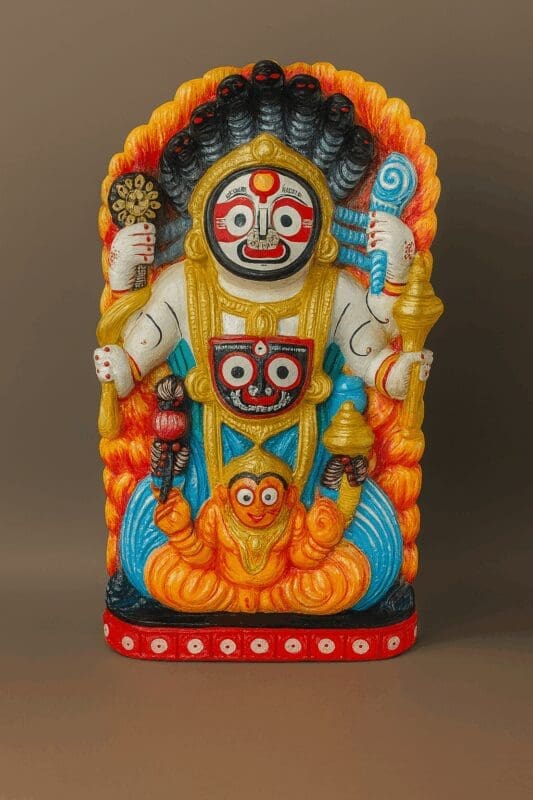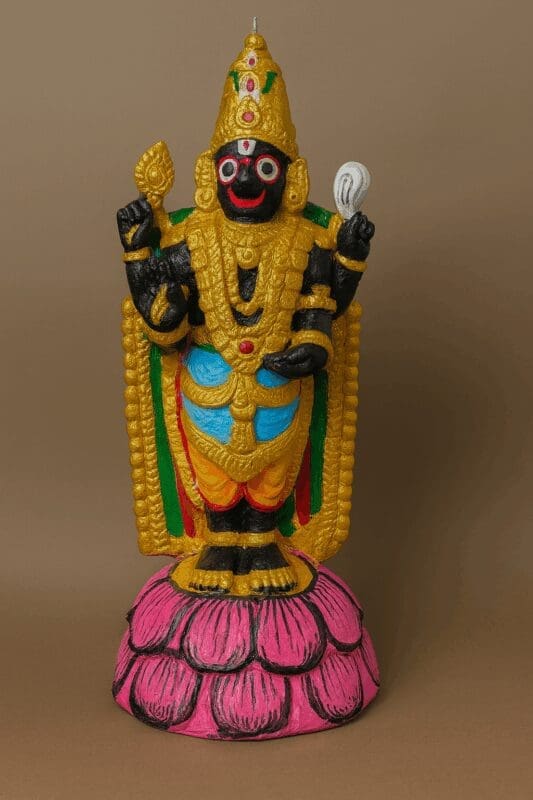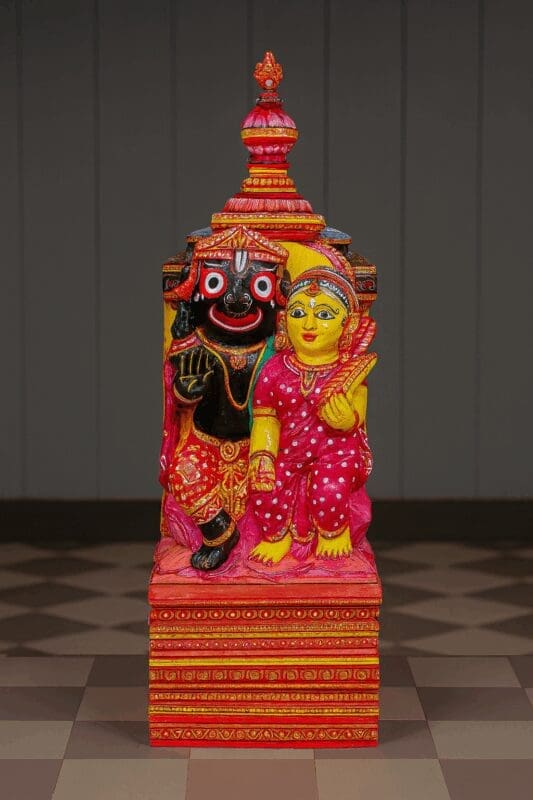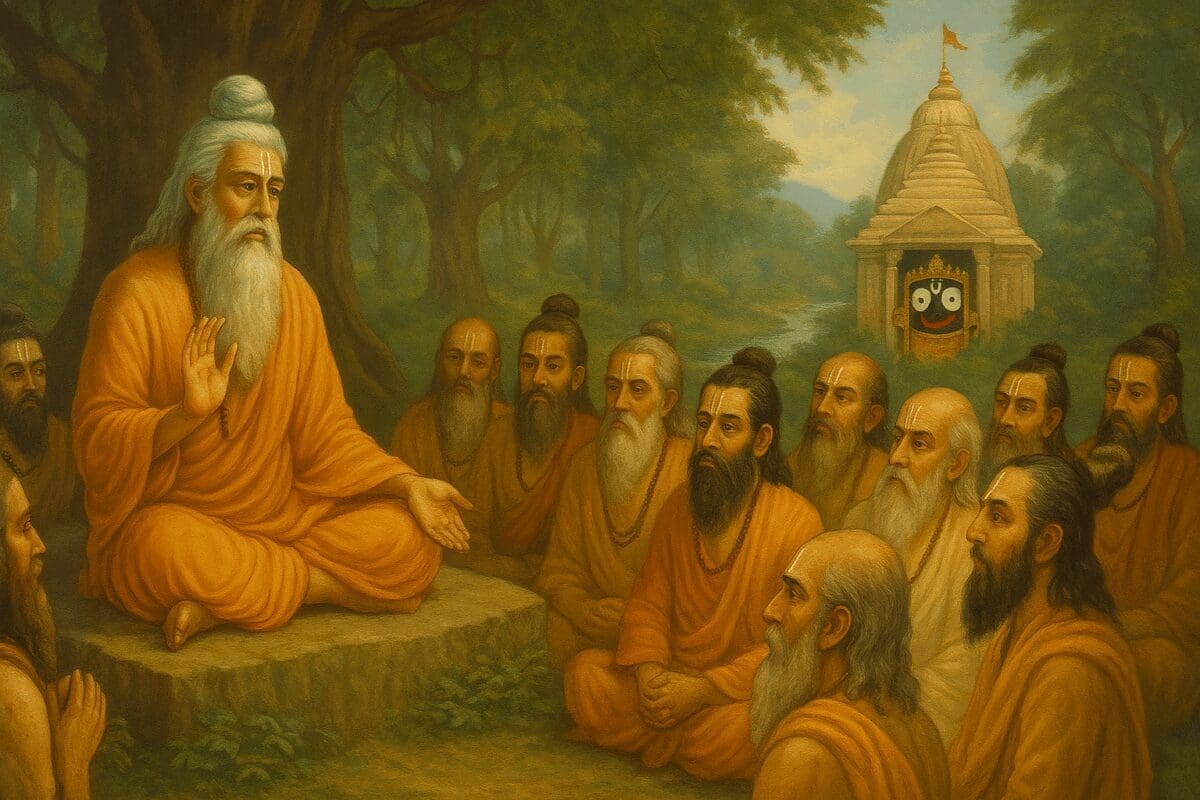Shri Jagannath purana
Journey to Purushottama Kshetra: Mystical History of Jagannath (Ch. 1)
Unveiling the Mystical Secrets of Purushottama Kshetra: A Historian’s Journey into Chapter 1 of Sri Jagannathakshetramahatmyamu
Chapter 1 of the “Sri Jagannathakshetramahatmyamu” opens a window into the sacred land of Purushottama Kshetra, a place steeped in mystique and revered as the abode of Lord Jagannatha. As a historian drawn to the intersection of history and spirituality, I invite you to join me on a captivating journey through this ancient text, where we’ll unravel the historical context and explore the mystical dimensions of this revered site.
Setting the Stage: A Gathering of Sages
The narrative unfolds in an assembly of learned sages, eager to hear the wisdom of Jaimini Maharshi, a revered seer renowned for his knowledge of sacred geography. This setting immediately transports us to a time when oral tradition was paramount, where knowledge was transmitted through generations by word of mouth. While pinpointing the exact historical period is challenging, the reverence for sages and the pursuit of spiritual enlightenment resonate with the broader historical context of ancient India, where spiritual seeking was deeply ingrained in the cultural fabric.
Setting the Stage: A Gathering of Sages
The Revelation of Purushottama Kshetra
Jaimini Maharshi reveals the profound spiritual significance of Purushottama Kshetra, describing it as a place of unparalleled sanctity, where Lord Vishnu manifests in a unique wooden form. The very geography is imbued with divine energy, with references to sacred rivers, forests, and a celestial banyan tree. The chapter hints at the transformative potential of this land, suggesting that even a crow attained salvation by merely gazing upon Lord Jagannatha.
This revelation invites us to consider the concept of sacred geography, a belief prevalent in many ancient cultures, where certain locations are believed to possess inherent spiritual power. Purushottama Kshetra, as described in the text, is not just a physical location but a spiritual vortex, a gateway to the divine.
The Revelation of Purushottama Kshetra
Mystical Dimensions: The Crow’s Salvation and the Promise of Liberation
The tale of the crow attaining salvation by gazing upon Lord Jagannatha is a captivating example of the mystical elements interwoven throughout the narrative. This seemingly insignificant event underscores the belief that even the most ordinary beings can achieve liberation in this sacred land. It speaks to the transformative power of the divine presence and the potential for spiritual awakening that Purushottama Kshetra offers.
The chapter also introduces the concept of liberation (moksha) as the ultimate goal of human existence. It suggests that Purushottama Kshetra is not just a place of pilgrimage but a gateway to spiritual liberation, where the cycle of birth and death can be transcended.
Mystical Dimensions: The Crow’s Salvation and the Promise of Liberation
Connecting with the Present: The Enduring Allure of Purushottama Kshetra
The revelation of Purushottama Kshetra continues to inspire spiritual seekers today. The idea that a physical location can hold such profound spiritual significance resonates with the human longing for connection with the divine. The chapter encourages us to look beyond the mundane and seek out places and practices that can awaken our spiritual potential.
we’ll continue to explore the interplay between history and mysticism, unraveling the layers of meaning embedded within this ancient text. The journey through Purushottama Kshetra has just begun, and with each chapter, we’ll uncover more of its secrets, drawing inspiration from its timeless wisdom.
Connecting with the Present: The Enduring Allure of Purushottama Kshetra
https://justkalinga.com/wp-admin/



